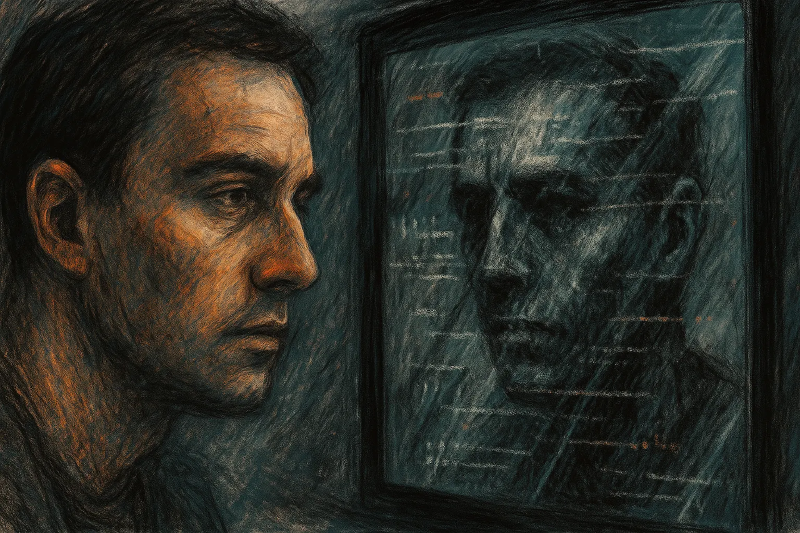Mirrors have always had a double face. On one side they return what we are, on the other they hide the illusion of a reflection that seems truer than truth itself. With artificial intelligence, the game becomes even subtler: we think we are looking inside an algorithm, but in reality it is the algorithm that reflects our own image back at us.
In the first article of the series, Why an AI can’t be your friend?, I tackled the most common myth: the idea that a language model can be a “friend.” The truth is that behind every dialogue there is no affection, only statistical patterns. The illusion emerges from the human desire to recognize ourselves in something that replies with familiar words.
Then, in LLM: The Magic Mirror Gate for humankind, I shifted the gaze from the personal to the collective. Artificial intelligence is not just a deceptive mirror for individuals, but a cultural portal that amplifies our myths and narratives. It is an alchemical mirror: a formula is enough to open a gateway, and on the other side there is not “truth,” but the immense archive of our own voices.
Bringing these two perspectives together — the intimate and the collective — helps us understand the paradox: the more we gaze into AI, the more we risk mistaking its answers for an autonomous reality. Yet it is precisely in this game that the possibility of discovering who we really are takes shape.

